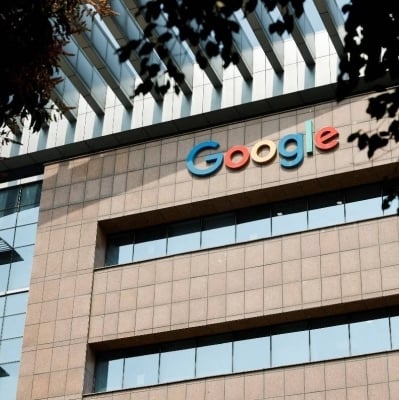Google signed agreements with two American electricity companies, Indiana Michigan Power and the Tennessee Valley Authority, aiming to reduce energy consumption in its AI data centers during peak periods to ease the increasing pressure on the power grid. This step comes as the United States faces unprecedented energy demand due to the rapid expansion of large AI model operations, prompting some utility companies to warn that current demand may exceed available supply. Google noted that data centers running machine learning and language generation technologies consume huge amounts of energy, making them among the highest electricity consumers in the tech sector. This intensive energy reliance complicates expanding AI infrastructure without affecting national grid stability. The rapid growth also raised concerns about rising electricity bills for homes and businesses and the risk of sudden blackouts, according to Reuters.
The new agreements are Google’s first within demand response programs, mechanisms allowing grid operators to coordinate with major companies to reduce consumption during peak times. These agreements are expected to temporarily reduce AI operational loads, especially during peak stress periods. Google stated in an official post that these partnerships help accelerate connecting data centers to the public grid and reduce the need to build new power plants or extend transmission lines, supporting overall grid efficiency. Demand response programs are usually applied in energy-intensive industries like heavy manufacturing or cryptocurrency mining, often providing financial incentives or bill discounts for reducing consumption when needed. While the impact of these arrangements remains limited on the overall grid scale, continued pressure on supplies may make such agreements a more strategic and widespread option soon, especially with the rapid spread of AI.














Recommended for you
Exhibition City Completes About 80% of Preparations for the Damascus International Fair Launch
Afghan Energy and Water Minister to Al Jazeera: We Build Dams with Our Own Funds to Combat Drought
Iron Price on Friday 15-8-2025: Ton at 40,000 EGP
Unified Admission Applications Start Tuesday with 640 Students to be Accepted in Medicine
Al-Jaghbeer: The Industrial Sector Leads Economic Growth
Love at First Sight.. Karim Abdel Aziz and Heidi: A Love That Began with a Family Gathering and 20 Years of Marriage